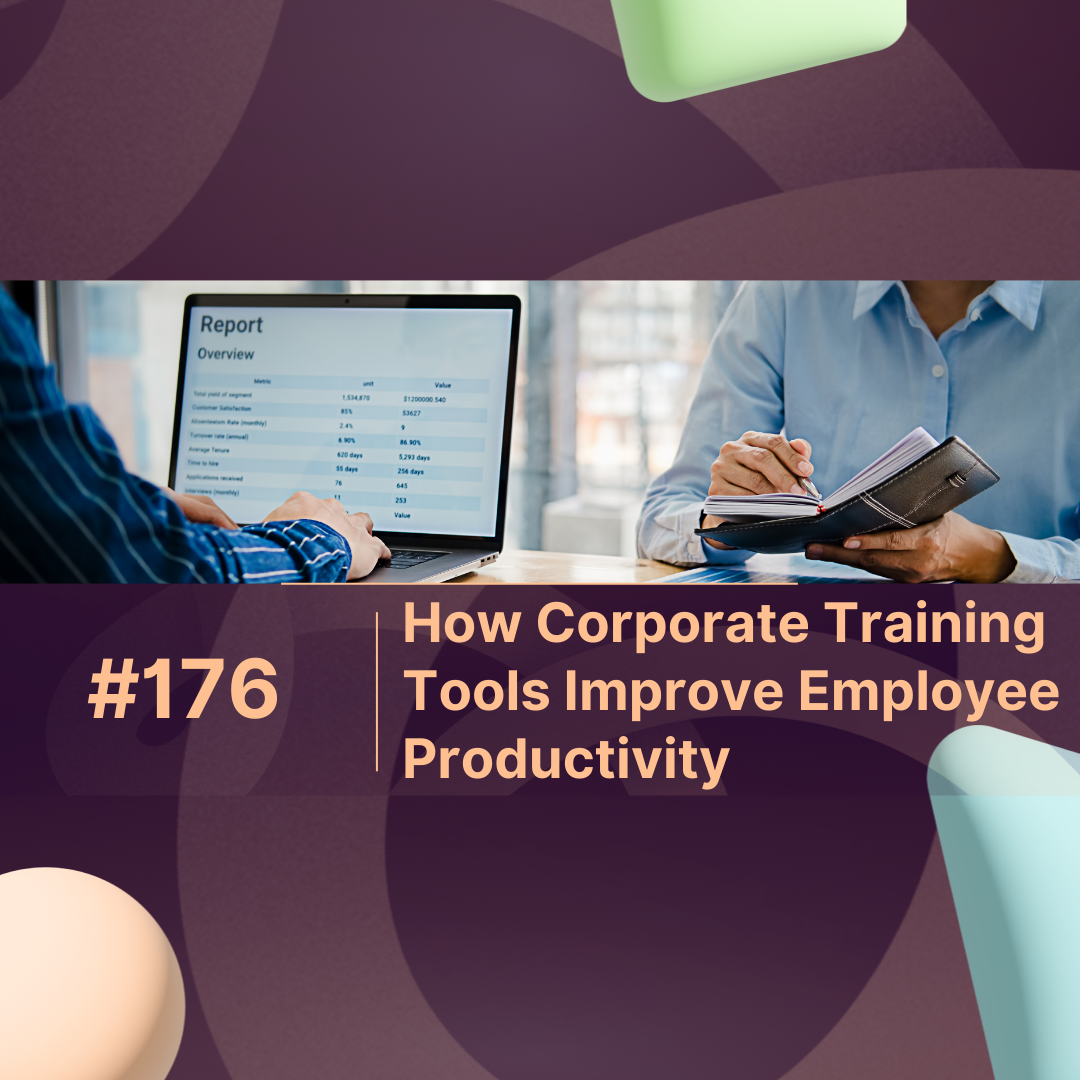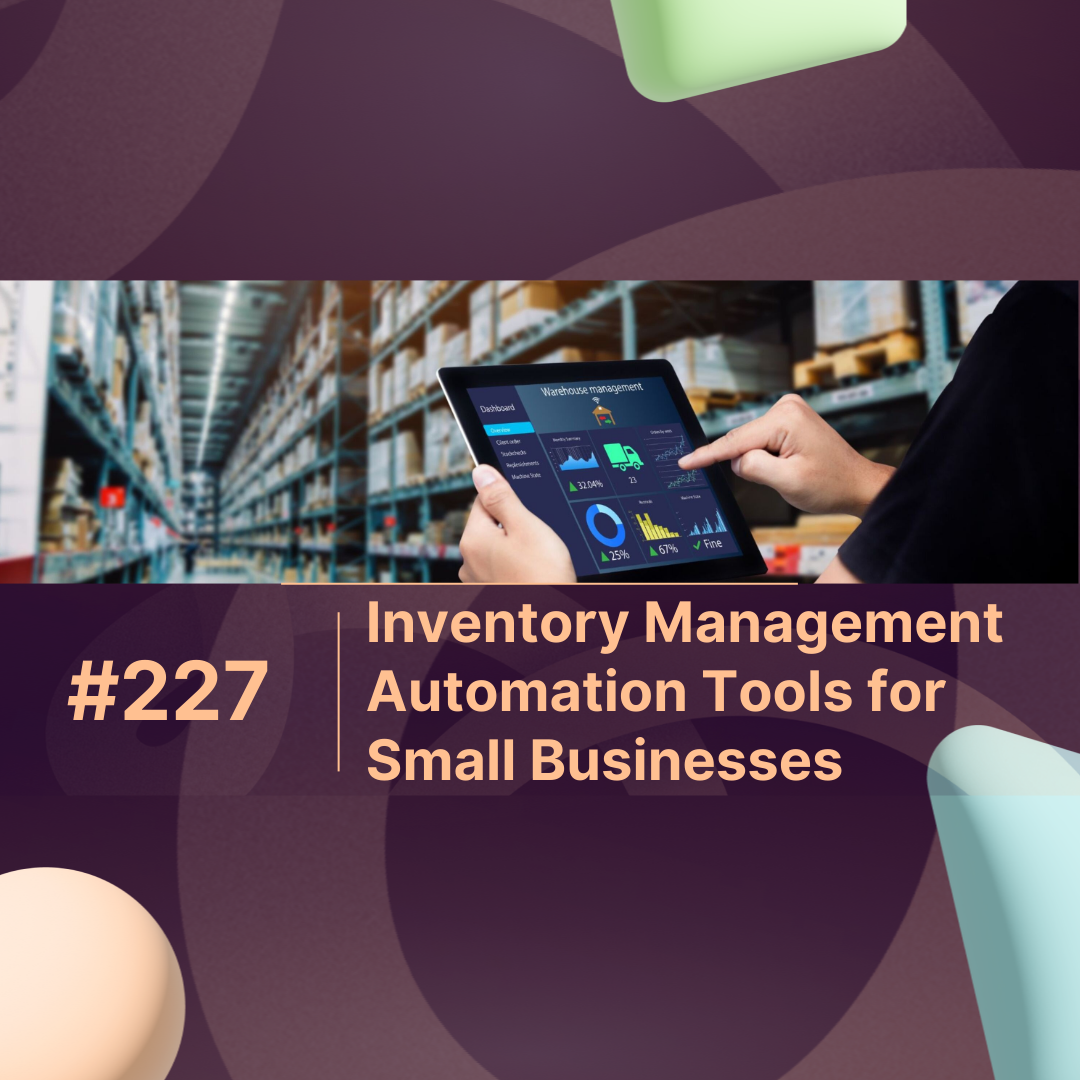Overview
Corporate training tools are software and digital platforms designed to help companies upskill employees, streamline learning, and track progress. By offering structured training, interactive modules, and performance analytics, these tools not only close skill gaps but also directly boost employee productivity. Organizations using modern learning systems, like MaxHR and other training platforms, report higher engagement, faster onboarding, and measurable ROI from workforce development programs.
Why Corporate Training Tools Matter for Productivity
Corporate training tools improve employee productivity by making learning accessible, personalized, and measurable. Instead of outdated workshops, employees can now access on-demand training, role-specific modules, and AI-driven skill assessments. This approach reduces downtime, increases knowledge retention, and fosters continuous learning.
Key benefits include:
-
Faster onboarding and reduced ramp-up time.
-
Improved employee engagement through gamified learning.
-
Real-time analytics to measure training impact.
-
Personalized learning paths that align with business goals.
The Link Between Training and Productivity: Data Speaks
Investing in corporate training is no longer optional it’s a proven performance driver. According to recent workplace studies, companies using advanced training platforms report 24% higher profit margins compared to those that don’t.
| Factor | Without Training Tools | With Training Tools | Productivity Impact |
|---|---|---|---|
| Onboarding Time | 6–8 weeks | 3–4 weeks | 50% faster integration |
| Knowledge Retention | 45% after 3 months | 75% after 3 months | +30% knowledge gain |
| Employee Engagement | 55% engaged | 78% engaged | +23% engagement |
| Productivity ROI | Low visibility | Measured in KPIs | Direct performance link |
How Do Corporate Training Tools Improve Employee Performance?
1. Streamlined Onboarding
Modern corporate training tools help new hires adapt quickly. Instead of sitting through hours of presentations, employees access interactive onboarding modules, making the process engaging and reducing time-to-productivity.
2. Personalized Learning Paths
AI-powered platforms (like MaxHR) allow managers to assign training based on individual skill gaps. Employees focus on what they need most, cutting unnecessary learning hours and improving efficiency.
3. Performance Tracking & Analytics
Corporate training tools include dashboards that track completion rates, test scores, and skill improvements. Managers can tie training outcomes to business KPIs, ensuring training leads to measurable growth.
4. Continuous Learning Culture
Instead of one-time workshops, digital tools foster ongoing learning. Employees access microlearning, videos, and role-based courses, helping them stay updated with industry changes.
5. Employee Engagement & Retention
Studies show employees who feel invested in learning are 47% less likely to leave a company. Gamified training, certifications, and recognition features boost motivation and long-term retention.
Real-World Applications of Corporate Training Tools
-
Sales Teams – Use training simulators and product modules to reduce errors and close deals faster.
-
IT Departments – Get updated on compliance, cybersecurity, and new technologies via microlearning.
-
Customer Service – Train agents on real-world scenarios, improving resolution time and customer satisfaction.
-
Leadership Development – Offer executive training programs to prepare future managers internally.
The Future of Corporate Training Tools
With AI, AR/VR simulations, and real-time analytics, corporate training tools are moving beyond basic e-learning. The next wave of platforms will focus on adaptive learning, where systems adjust based on employee performance. Companies using these tools won’t just train employees they’ll empower them to innovate, collaborate, and contribute at a higher level.
Conclusion
Corporate training tools are no longer optional add-ons they’re strategic productivity drivers. From faster onboarding to measurable performance improvements, these platforms help businesses stay competitive. By embracing solutions like MaxHR, organizations can create smarter, more agile teams that deliver long-term results.
FAQs on Corporate Training Tools
1. What are corporate training tools?
Corporate training tools are software platforms that deliver structured learning, track progress, and measure outcomes to improve employee skills and productivity.
2. How do training tools impact employee productivity?
They reduce onboarding time, improve knowledge retention, and align learning with performance KPIs, directly boosting productivity.
3. Which industries benefit most from corporate training tools?
All industries benefit, but sectors like healthcare, IT, finance, and customer service see the most measurable impact.
4. Are corporate training tools cost-effective?
Yes. While they require upfront investment, companies often see 3x–5x ROI in productivity gains, employee retention, and reduced turnover.
5. How does MaxHR fit into the corporate training space?
MaxHR offers AI-powered learning paths, analytics, and employee engagement features, helping companies create personalized and effective training programs.



